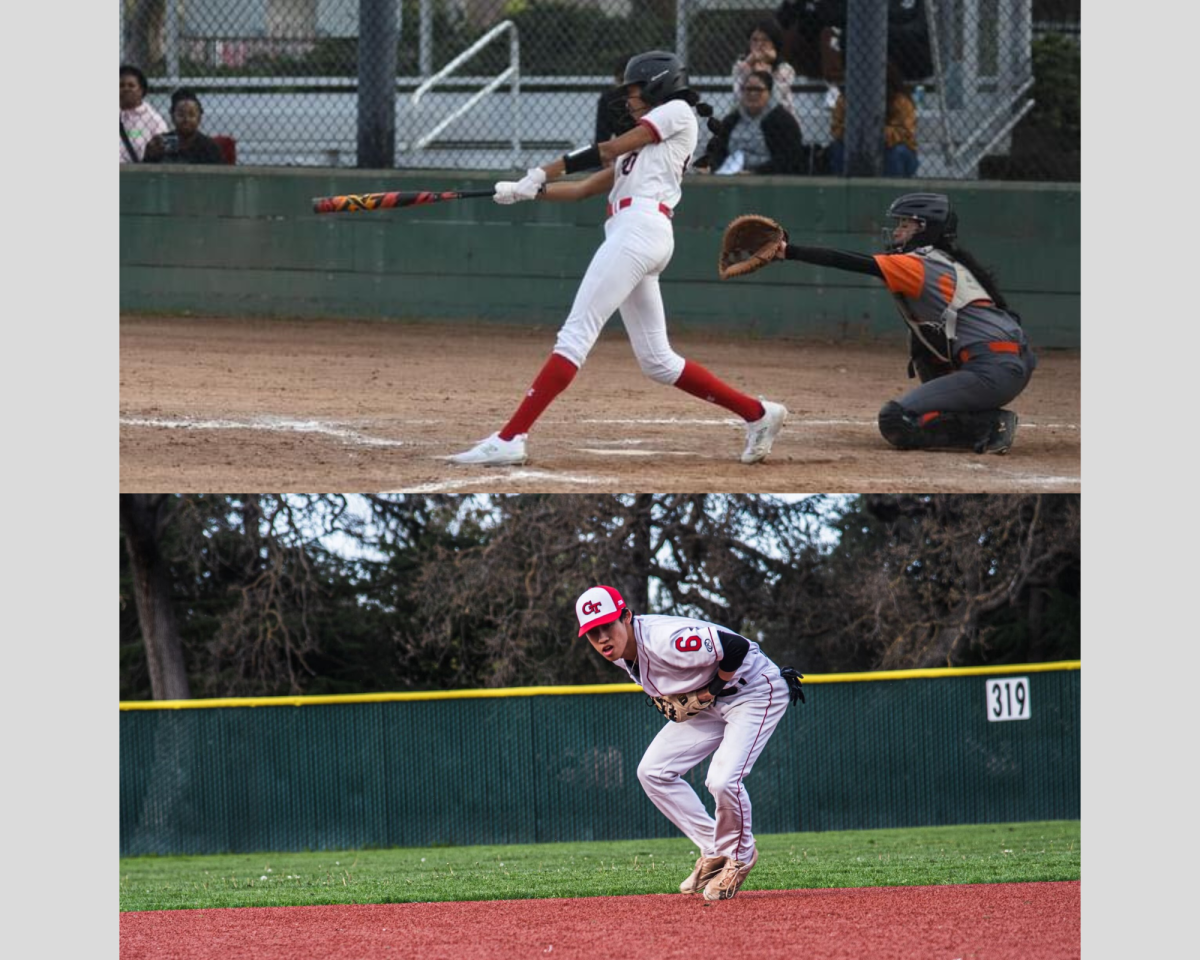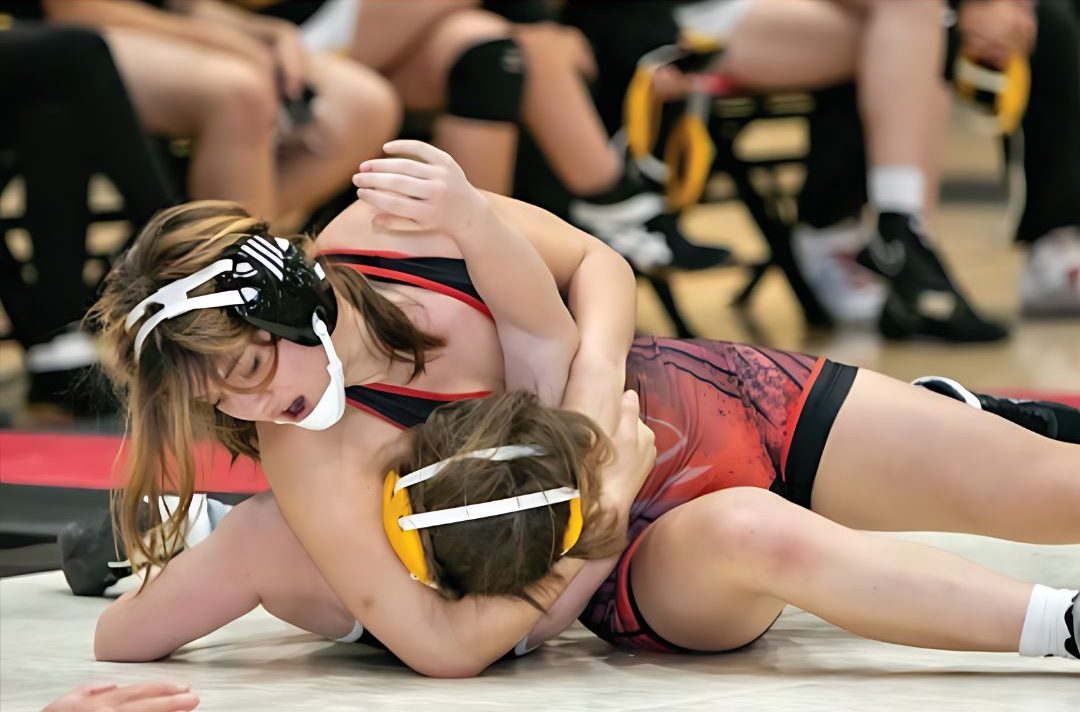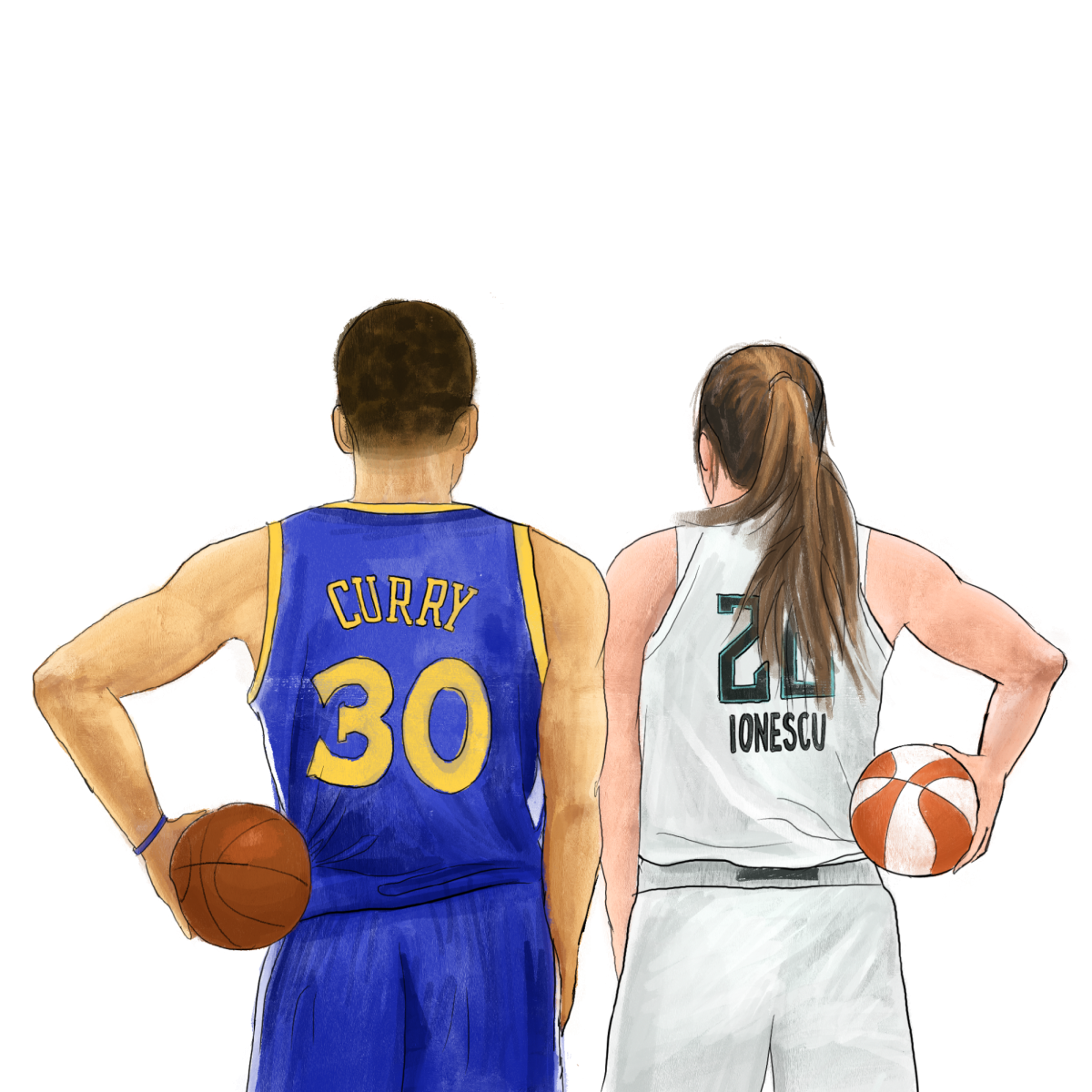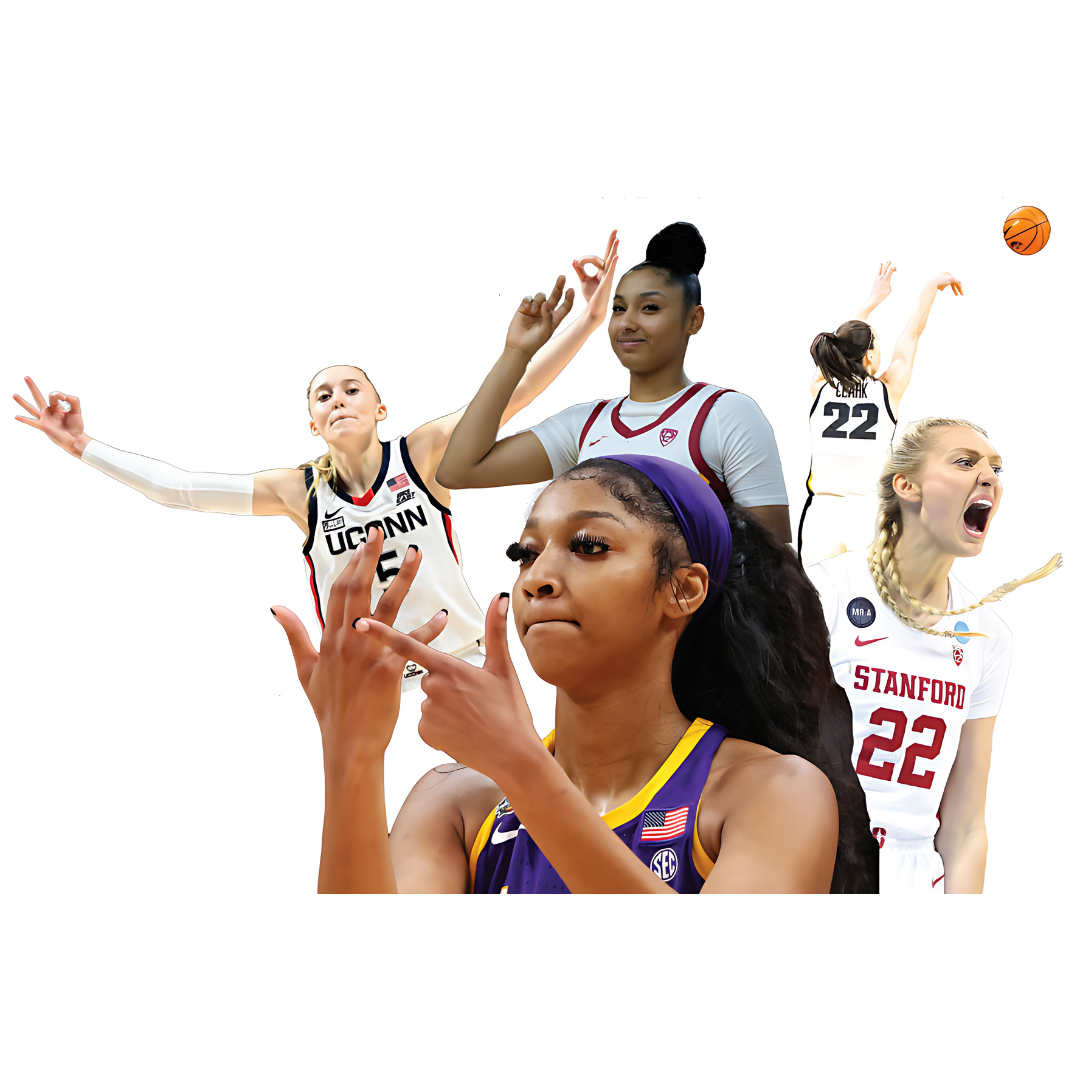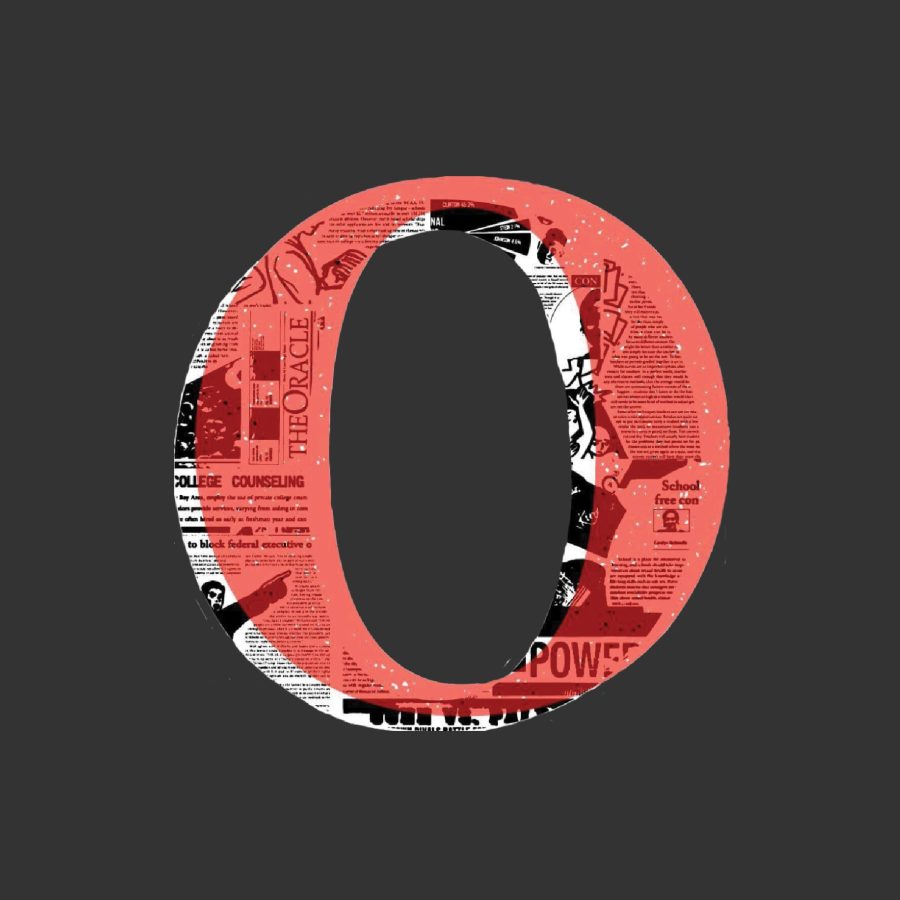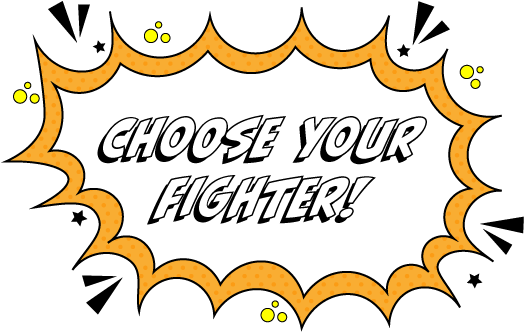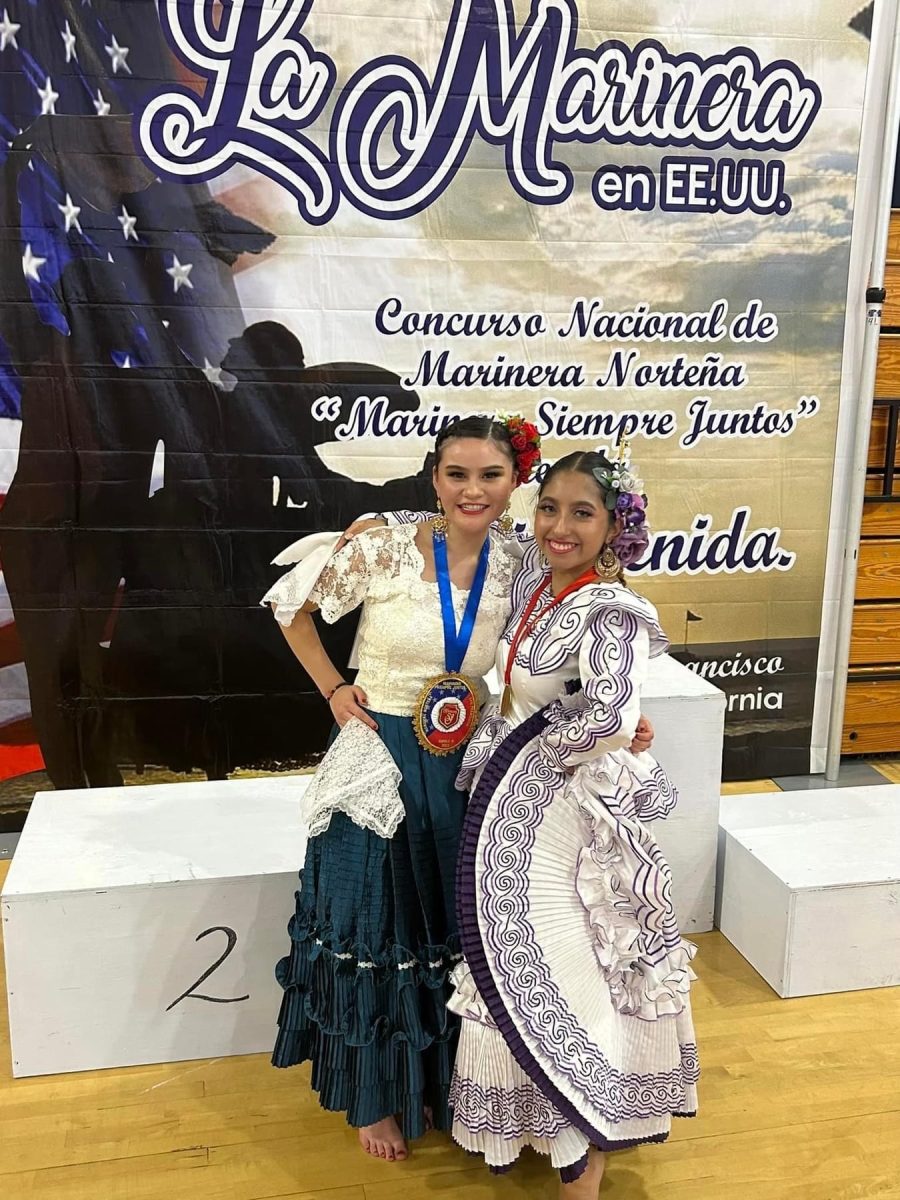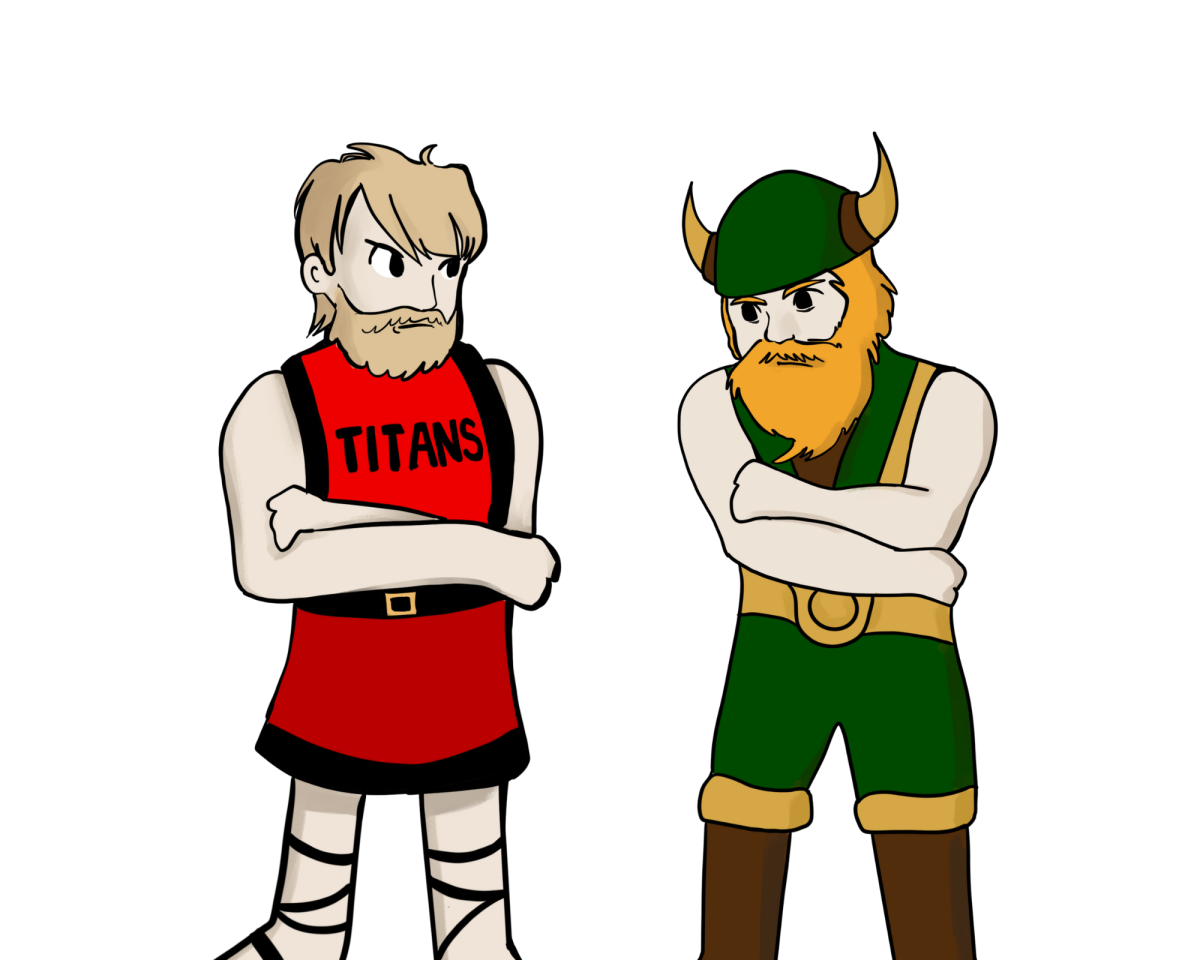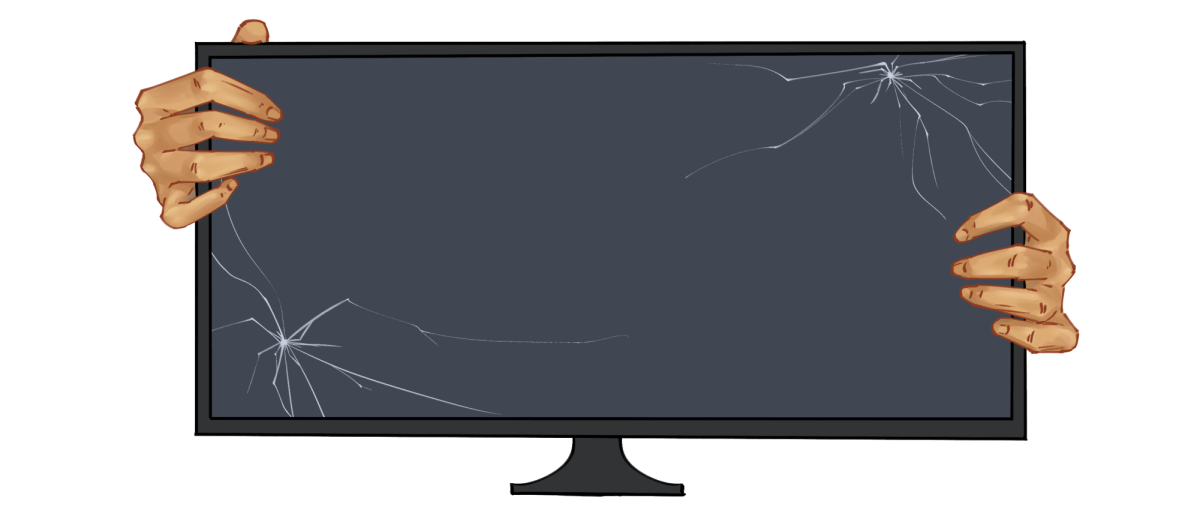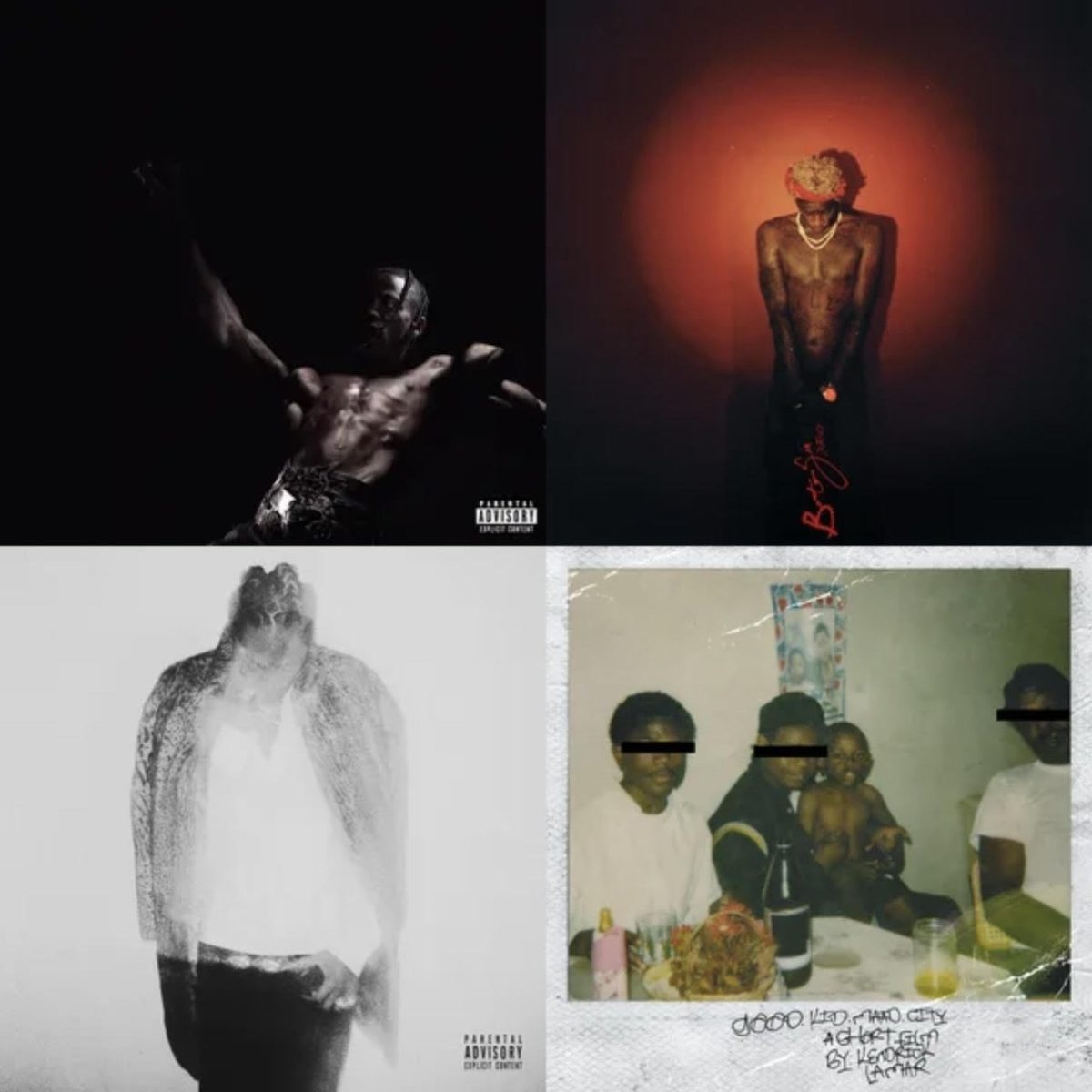Written by Jenna Marvet
With dripping sweat, sticky skin from the hot sun and beating hearts slowing back to normal after a long day of practice, the Gunn cross country team sat together on the field. Captain at the time and alum Noah Krigel thought to himself, “What if they don’t accept me?” It was time that he embraced it, but he was still afraid. He kept thinking of how he could mention it casually. Maybe, slipping “I’m just not that into girls” into the conversation would work.
“I knew I had to overcome the fear of saying, ‘Yes, this is who I am,’” Krigel said. That day, Krigel came out to his teammates as gay. Krigel is now a freshman at California Polytechnic in San Louis Obispo and a counselor at PRISM: peer counseling, where he helps Lesbian, Gay, Bisexual, Queer, Asexual and other (LGBTQA+) students overcome fears about coming out and accepting themselves.
According to the Out on the Fields study conducted in May 2015, America ranks the lowest on many key aspects relating to treatment of Lesbian, Gay and Bisexual (LGB) athletes: American participants said it was least likely for LGB athletes to be accepted compared to other English speaking countries. Fortunately, Gunn is an accepting place for many of the LGBTQA+ athletes that participate in sports here.
Senior Rachel Gates came out as bisexual to her volleyball teammates during her sophomore year. “Everyone was very supportive; I got no negative reactions,” Gates said. “Gunn is a very progressive place though; it is a much bigger deal for professional athletes.”
Gates’ opinion is shared by others, including National Public Radio journalist Frank Deford who did a piece on the subject in 2007 after former National Basketball Association player John Amaechi came out as gay. While he said that professional sports are not a forgiving environment, he added in the piece “the villains are much more the ones cheering and booing than the ones playing. The bad guys are us.”
This negative influence comes from a variety of fans of professional sports. For example, an article published on Charisma News in 2013, written by Jennifer Leclaire entitled, “Why Gay NFL Players should Stay in the Closet,” warned its readers of a “gay agenda” infiltrating NFL entertainment. Leclaire compared professional athletes coming out to that of superhero dramas with gay characters. “Shining a positive spotlight on gay role models in any industry serves to validate homosexuality, which is clearly a sin,” Leclaire wrote.
Some similar sentiment expressed towards LGBTQA+ professional athletes has been present at Gunn, despite positive experiences for athletes like Krigel and Gates. Senior Liz Cromarty, a gay lacrosse and soccer player, thinks that Gunn, while better than some places, has a long way to go in its acceptance of LGBTQA+ athletes. “I personally have had many experiences at Gunn or involving Gunn students where I am called inappropriate names such as ‘faggot’ or ‘dyke,’” Cromarty said. She added that Gunn’s gender-specific uniforms and teams are a place of improvement for gender fluid and transgender athletes.
Sophomore Drew Jones (name has been changed to protect his identity), a transgender male who participates on Gunn athletic teams, found the school’s environment to be accepting, but others outside of the area to be less so. “It will get better, but probably not immediately,” Jones said. “No one really cares that much after high school though.”
Krigel said that his easy experience coming out and competing as a gay athlete may have been thanks to the sport he played. “Cross country athletes are generally not the stereotypically masculine guys,” Krigel said. “I cannot imagine how difficult it is to come out in other sports, like football.”
Gates agreed that each athlete may face different challenges, but she believed it varied from gender to gender and sexuality to sexuality. “I think that gay men face more discrimination in athletics,” Gates said. According to the Out on the Fields report, in youth sports, most gay men felt unwelcome in sports with 54 percent saying they are “not at all accepted” or only “accepted a little” versus 36 percent of lesbian women who felt the same way.
Cromarty said that the scariest thing about coming out to teammates is the level of physical closeness to them, including that of the locker room. “Sports are about bodies, and unfortunately since bodies—especially female—are so sexualized, many people make the false assumption that since someone is gay, they automatically would be attracted to their teammates,” Cromarty said.
While problems still exist and some barriers are waiting to be broken, Krigel encouraged current students to come out when they feel comfortable and safe with their environment, whether it happens during or after high school or college. “I don’t know all cultures of the current sports teams, but I know that most people are accepting,” Krigel said.


